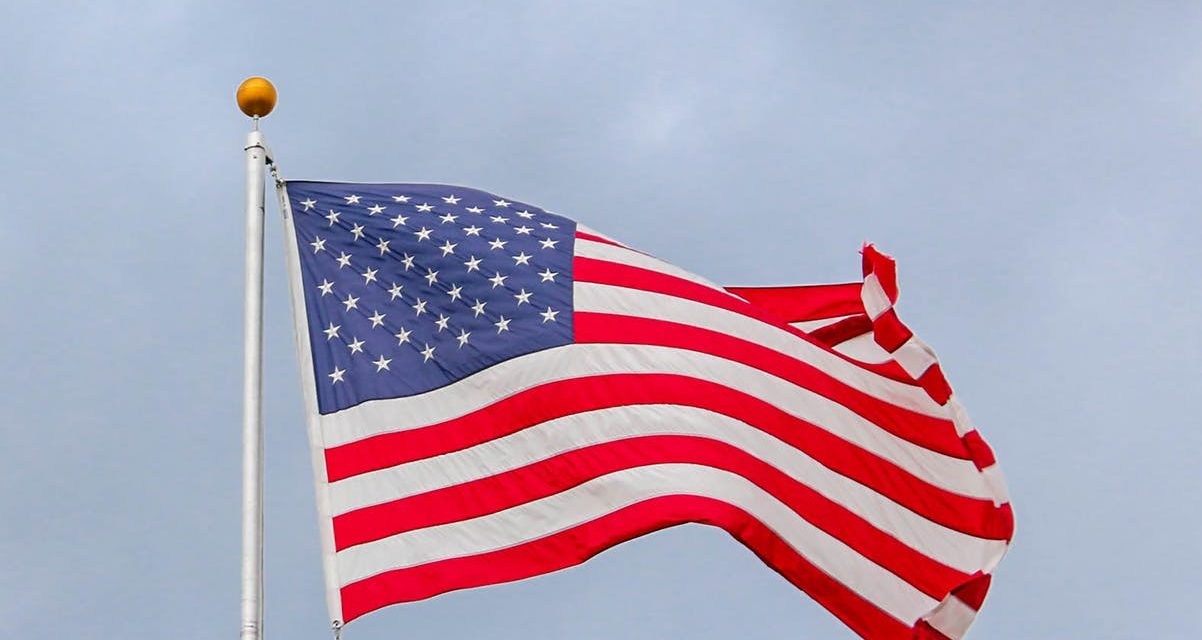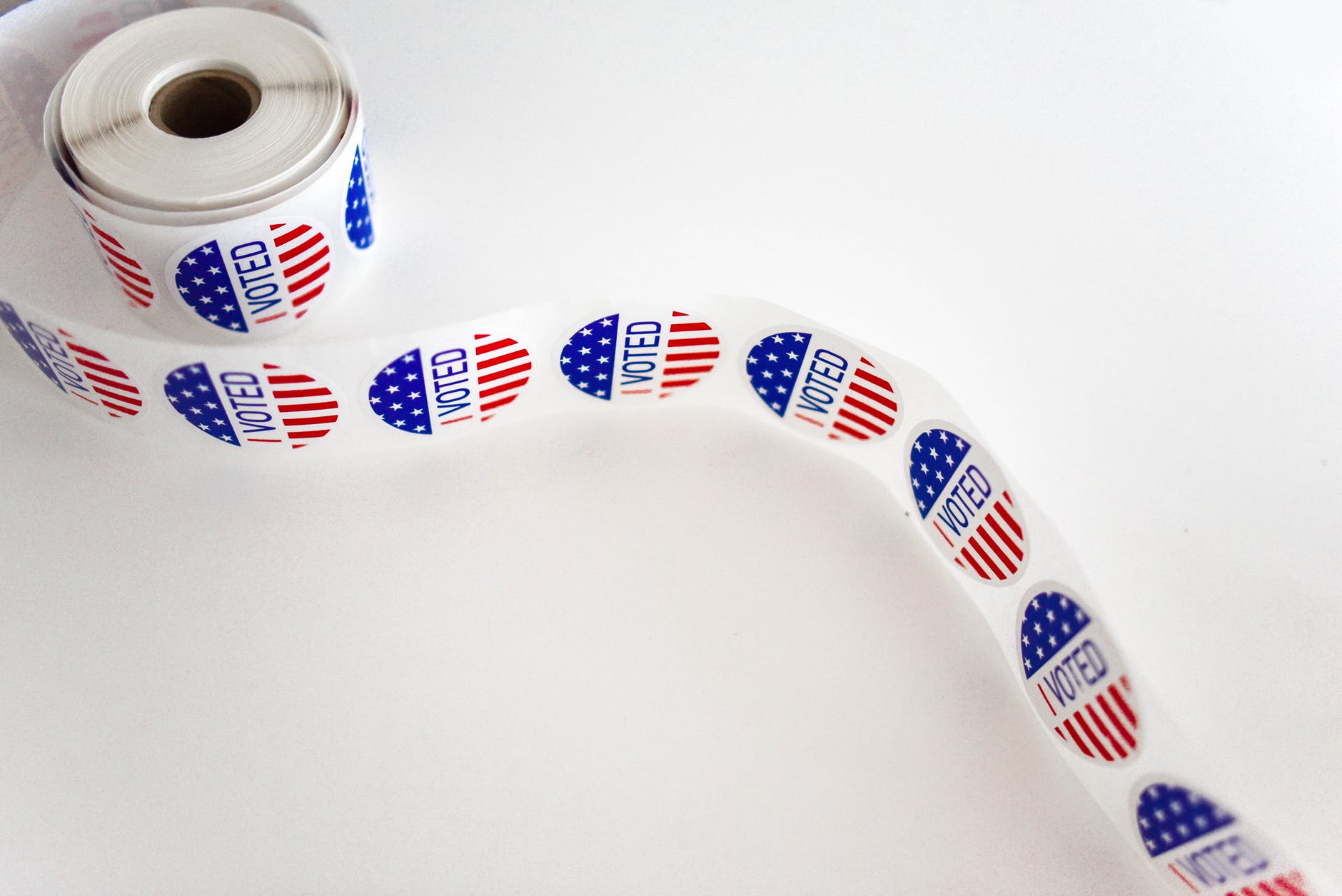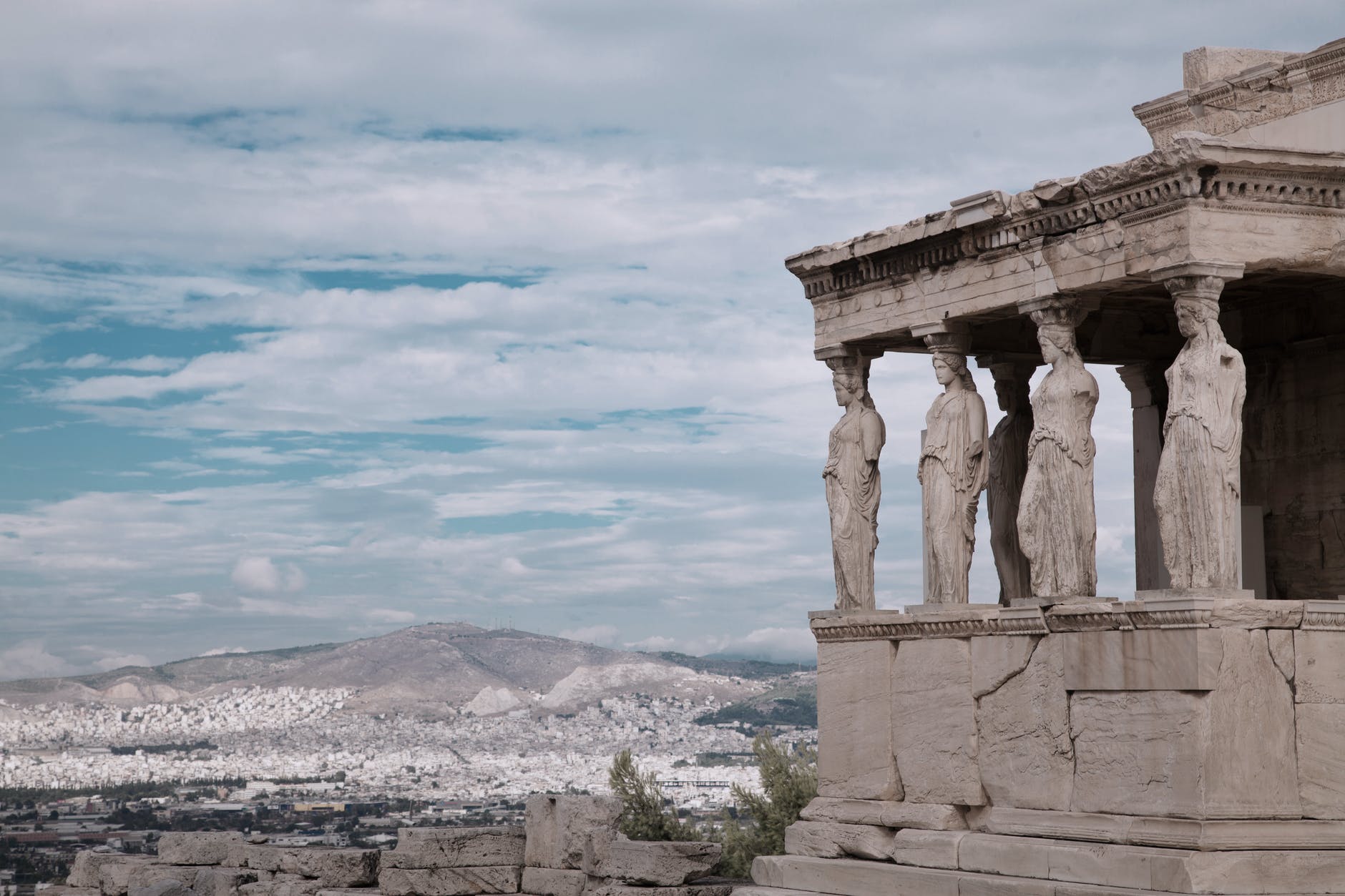Is something missing from the debates?
The 20 candidates who qualified for the July 30 and 31 CNN Democratic presidential debates are Colorado Sen. Michael Bennet, former Vice President and Delaware Sen. Joe Biden, New Jersey Sen. Cory Booker, Montana Gov. Steve Bullock, South Bend, Indiana, Mayor Pete Buttigieg, former Housing and Urban Development Secretary Julián Castro, New York Mayor Bill de Blasio, former Maryland Rep. John Delaney, Hawaii Rep. Tulsi Gabbard, New York Sen. Kirsten Gillibrand, California Sen. Kamala Harris, former Colorado Gov. John Hickenlooper, Washington Gov. Jay Inslee, Minnesota Sen. Amy Klobuchar, former Texas Rep. Beto O’Rourke, Ohio Rep. Tim Ryan, Vermont Sen. Bernie Sanders, Massachusetts Sen. Elizabeth Warren, author Marianne Williamson, and businessman Andrew Yang.
What is missing?
Southerners.
No southerners are on the list, unless you count Texans Castro and O’Rourke or border state candidates Biden and Delaney, which I don’t.
So what?
Democrats are abandoning their most successful strategy for winning recent presidential elections: putting a southerner on the ticket. From 1964 until 2008, every victorious Democratic presidential candidate had a southern accent: Lyndon Johnson in 1964, Jimmy Carter in 1974, Bill Clinton in 1992 and 1996 and Al Gore, who won the popular vote in 2000.
Arguably, it happened again in 2016 when Hillary Clinton, with her deep Arkansas and southern connections, won the popular vote.
The advantages of having a southerner at the top of the tickets were not lost on the Republicans. As an adopted Texan, George H.W. Bush won in 1988 and his son, a real southerner, won in 2000 and 2004.
But for Democrats, having a progressive southerner at the top of the ticket became almost a formula for a winning presidential campaign. Why? What magic did a southerner bring to the top of the ticket? Part of the answer may come from the experience southern Democrats, especially governors, had in facilitating racial progress and, at the same time, developing partnerships with business interests to expand job and educational opportunities.
Southern Democrats, therefore, could be progressive enough for the national Democratic base without frightening moderate swing voters. They had demonstrated that they could govern by building coalitions rather than by turning away moderate and conservative interests.
Like Carter and Bill Clinton, North Carolina governors Terry Sanford and Jim Hunt fit this mold. Either of them could have been winning presidential candidates had the chips landed in a different way.
Why then are these kinds of southerners absent from the CNN debate stage this summer?
The main reason, of course, is that Democrats have been blasted out of top leadership positions in much of the south. No longer is there a big Democratic bench of accomplished and ambitious southern governors. North Carolina and Virginia are exceptions. Those states have Democratic governors. But our governor, Roy Cooper, is concentrating on a tough re-election campaign. Virginia’s Governor Ralph Northam is burdened by his association with an old medical school yearbook photo of a blackface person and a KKK costume.
Former Virginia governors, Terry McAuliffe, Sen. Mark Warner, and Sen. Tim Kaine fit the progressive moderate mold, but none is running for president this year. That is unfortunate for those who still believe in the Democrats’ proven winning model.
Looking back, prior to the Civil War, southerners were active as presidential and vice presidential candidates. But after Andrew Johnson in 1864, until native southerner Woodrow Wilson was elected president in 1912, only one southerner, losing Democratic vice-presidential candidate Henry Gassaway Davis of West Virginia in 1904, was on a major party’s ticket.
But, beginning with Wilson, if you count the border states as part of the south, there has been a southerner as presidential or vice presidential candidate on the ticket of at least one of the major parties in every election except for 1920 and 1940.
And 2020?
 D.G. Martin hosts “North Carolina Bookwatch,” Sunday 11:00 am and Tuesday at 5:00 pm on UNC-TV. The program also airs on the North Carolina Channel Tuesday at 8:00 pm and other times.
D.G. Martin hosts “North Carolina Bookwatch,” Sunday 11:00 am and Tuesday at 5:00 pm on UNC-TV. The program also airs on the North Carolina Channel Tuesday at 8:00 pm and other times.
To view prior programs: http://video.unctv.org/show/nc-bookwatch/episodes/








